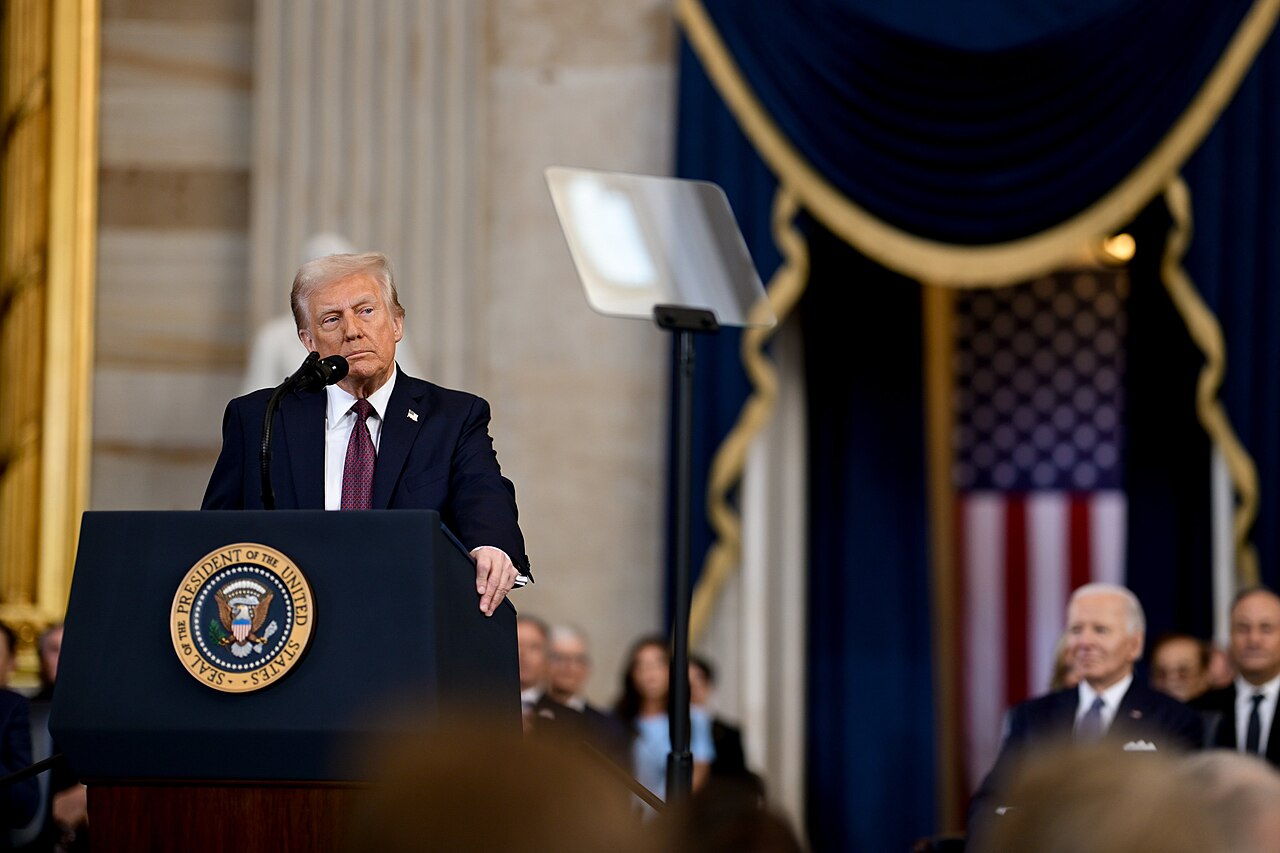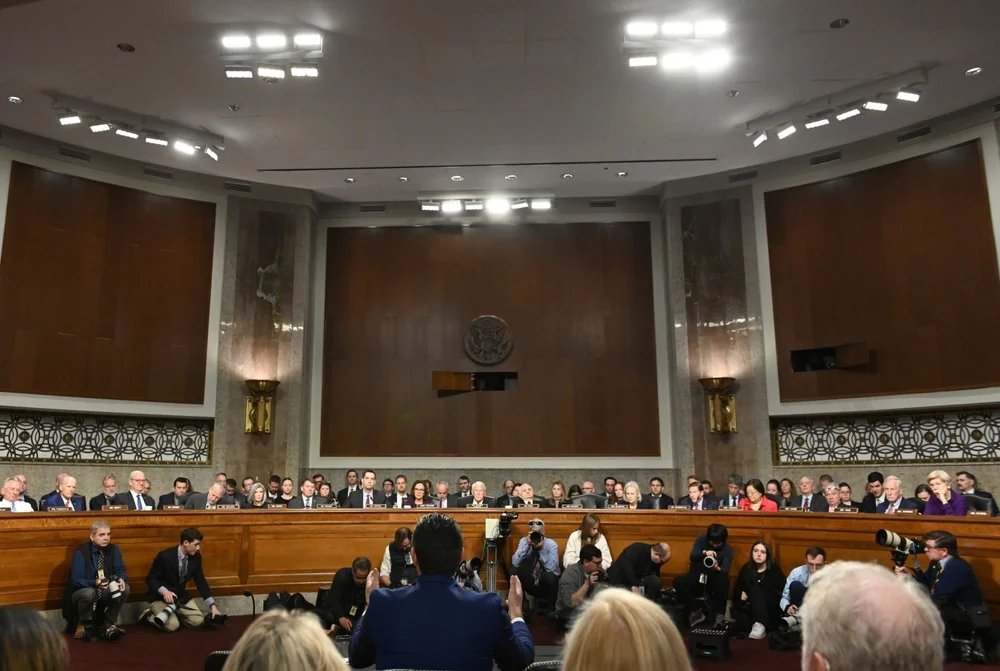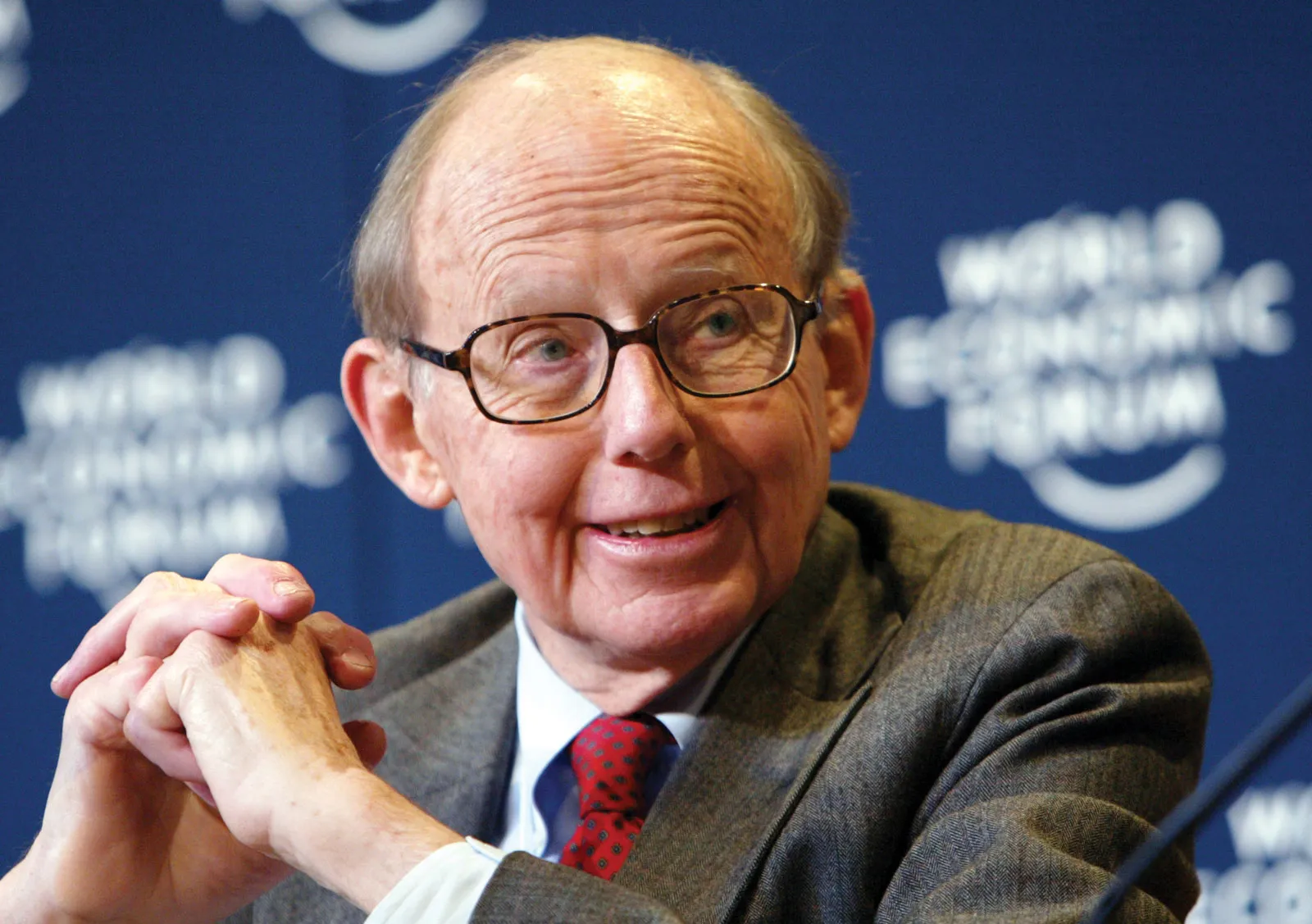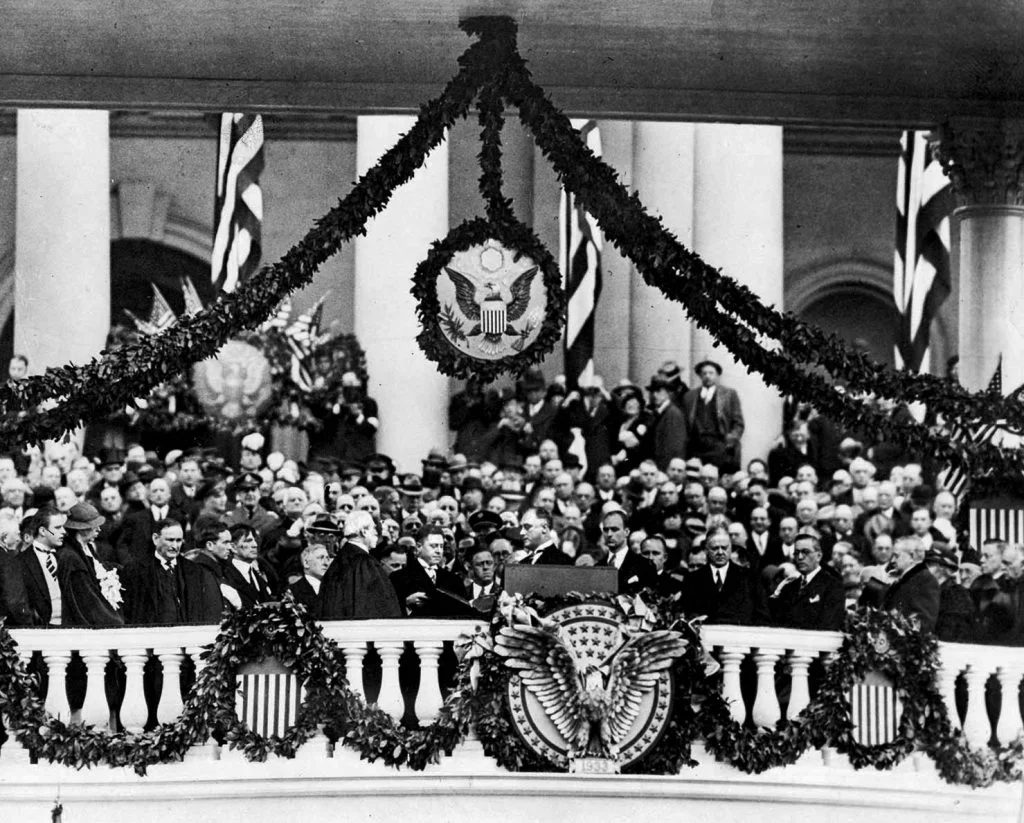
The Lion Rises and the Eagle Soars
The nation had risen “like a lioness,” and roared, while the world shook in disbelief.
In the early hours of June 13, the night sky above the Holy Land witnessed a miracle. In an unprecedented heart-stopping maneuver, a formidable flock of 200 fighter jets took off in unison, on their way to a dangerous, unprecedented 2000 km journey whose goal was as noble as it was necessary: to preempt the latest attempt at annihilation of their ancient people. Within a few hours, dozens of military targets, nuclear targets and facilities, and senior members of the Iranian General Staff and leaders of the nuclear program were struck and destroyed. The Israeli phoenix had emerged from 3500 years of persecution, determined to survive.
Urban warfare expert John Spencer has called that operation “not just historic. It was transformational. It redefined what shock and awe can look like in the 21st century. This was not merely a strike. It was a campaign—a layered, synchronized demonstration of modern operational art, built on deep intelligence, strategic deception, and the innovative fusion of old and new tools of war.” The nation had risen “like a lioness,” and roared, while the world shook in disbelief. This phase of Israel’s war against Iran and its proxies would become known in English as Operation Rising Lion (ORL).
It is not quite equivalent to the Hebrew original, Am K’lavi, meaning “a people like a lion,” first used by Prime Minister Benjamin Netanyahu on May 1 at an awards ceremony for the International Bible competition. As poet and linguist Aviya Kushner points out, in retrospect, it was a Jewish joke with a twist: the punchline lay in the future. Likening his nation’s determination to win its ongoing “war of existence” by invoking Am K’lavi, he alluded to Numbers 23:24: “The people rise like a lioness; they rouse themselves like a lion.”
The association of royalty with lions was not uncommon in the ancient world, particularly in early Greek art and literature, where it was often linked to power, masculinity, and fierceness. Later, Christians embraced the lion as a symbol of the messiah. It was also adopted by the nine-hundred-year-long Solomonic dynasty of Ethiopia, which lasted until 1974.
But it has a special meaning for Jews. The Bible contains more than 150 references to the lion, many of which are descriptive, metaphorical, and allegorical. And for Israel at this particular time, it is underscored by the fact that at the start of the operation, Netanyahu wrote the lion verse from Numbers, which he used on May 1, and placed it between the stones at the Western Wall.
Although destined for the Highest Authority, the paper has also made headlines in the cybersphere and Israeli media for its insights into its political implications. That Torah commentators have mulled over those verses for centuries only adds to their complexity and significance. Israel’s operation, whatever its ultimate outcome in geopolitical terms, has already delivered a statement for the ages.
William Daroff, CEO of the Conference of Presidents of Major American Jewish Organizations, declared on June 18, 2025, that ORL unequivocally establishes Jewish sovereignty over its homeland. It reinforces Prime Minister Menachem Begin’s Doctrine, articulated half a century earlier with these words, “[o]n no account shall we permit an enemy to develop weapons of mass destruction against the people of Israel.” That principle, writes Daroff, “remains clear, moral, and essential. In 2025, the promise of 1948 lives on. The Jewish people stand as a nation among nations – unapologetic, unafraid, and unwavering. A Zionist moment unfolds. The world watches as Israel exercises the most basic right of any sovereign state: the right of self-defense. No apologies. No equivocation. Only clarity of purpose and the courage to act.”
The extraordinary unity of the Israelis behind the operation, documented by Hebrew University’s research team on June 16, shows that not only do 83 percent of Jewish Israelis support it, but also 70 percent of the entire nation, with a mere 16 percent opposed. This is not despite but “because its home front endures impossible travails,” writes Joseph Puder, founder and director of the Interfaith Taskforce for America and Israel (ITAI). He notes that for the first time in centuries, “[a]s an independent people, Jews proved that once free in their homeland, they prepared and trained themselves to defend and, when necessary, to fight like ferocious lions.”
When necessary to defend themselves. But the king of the jungle does not rise to defend itself, it rises to eat. It is for this reason that Robert Alter, the celebrated translator of the Tanakh [Old Testament] for the Jewish Publication Society (JPS), notes that “the rising, bloodthirsty lion is a stock metaphor for martial prowess in biblical and other Near Eastern poetry.” The biblical context, however, highlights a peculiarity of the Hebrew lion: it is “a people that dwells apart,” to which Kushner adds: “This apartness, and perhaps loneliness, is something many in the Diaspora have also invoked, and it seems especially relevant now.”
She then proceeds to cite the rest of Numbers 23:24 (from the JPS translation), including the last two verses which Netanyahu had omitted (italicized):
Lo, a people that rises like a lion,
Leaps up like a king of beasts,
Rests not till it has feasted on prey
And drunk the blood of the slain.
Appalled that “Israel is envisaged now not merely as vast but as a fiercely indomitable warrior people,” Alter observes that “Balak now has not just been led off the road into the field but feels his leg crushed against the wall.” Aviya Kusher speculates that “perhaps this image of a ‘fiercely indomitable warrior people’ is what captivated Netanyahu.” This line of thought has been echoed by the PM’s opponents, who view his ambition as the primary motivation for what they perceive as his hardline approach to the war.
But it might have helped to cite a little more from Numbers 23:23 (italicized):
It will now be said of Jacob
and of Israel, ‘See what God has done!’
24 The people rise like a lioness;
they rouse themselves like a lion
that does not rest till it devours its prey
and drinks the blood of its victims.”
“What will be said of Jacob and of Israel” – ah yes, public opinion. Drink the blood of its victims! A portent of the greatest libel that would plague Jews throughout their entire tragic odyssey in exile. Its latest incarnation is the execrable lying about Israel’s alleged “genocide” in Gaza, which has triggered the greatest increase in worldwide antisemitism in a century. According to a new report by the World Zionist Organization, 2024 was a “peak year” for antisemitism, with a 340 percent increase in total antisemitic incidents worldwide compared to 2022.
For this reason alone, it is crucial to revisit the original biblical allusion to Jews as lions by recalling its first appearance in Genesis 49:9. There, the dying Jacob blesses each of his twelve sons, but reserves the highest praise for his fourth, Judah (whence Juda-ism):
Judah is like a young lion.
From prey, my son, have you risen up.
He crouches, lies low as a lion,
And like a lion, who can roue him?
The famous Talmudic rabbi Ohr Chayim HaKadosh (1696-1743) applied the same metaphor to the entire nation, comparing it to a young lion cub that rises to pounce even before it has fully matured. Its current relevance was spelled out in the Jerusalem Post on July 16:
This vividly reflects the story of the Jewish nation, which rose from the ashes of the Holocaust to confront multiple powerful Arab armies surrounding it. Like the lion cub, Israel rose to the challenge despite being outnumbered and seemingly weaker-armed with extraordinary courage and deep trust in Hashem [Hebrew for “The Name,” meaning God]. And just like the lion, repeated wars did not weaken or exhaust this small nation, but only sharpened its strength and resolve to persevere and triumph in every battle for survival.
But the nation reflects the persona of its eponym, who “is not merely fierce, he is royal. Like a lion, he doesn't chase glory; he rests with confidence, and when he rises, the world trembles” and his strength was to have been passed down to his descendants. “This isn’t about brute force. ‘From the prey, my son, have you risen’ refers to admission of failure’” does not refer to plundering anyone. “That’s Jewish strength: rising not by stepping on others, but by standing up with truth.” Not by stepping on others. These words are key. Although political leaders, notably kings and emperors, throughout history were often titled “the Lion,” the Jewish lion does not seek empire.
Compare this with “the Lion and the Sun” symbolism in Iranian tradition, rooted in both Persian mythology and Islamic sources. For the Safavid emperors (who ruled from 1501 to 1736), it represented a strategic move designed to distinguish Iran’s identity from neighboring powers, especially the Ottomans’ crescent moon. Originally representing both the spiritual and temporal authority of the Shah, however, by the early nineteenth century, a sword and crown were added to the lion to underscore the state’s military might while simultaneously reinforcing the three-millennia-old Zoroastrian tradition.
It should surprise no one that today, the symbol has been adopted by various opposition groups against the tyrants who, six decades ago, hijacked a revolution meant to institute reform, not impose a medieval straitjacket. Having squandered the rich resources of their enslaved population on building weapons to arm terrorists, Russian and other oligarchs, a large percentage of Iranians feel closer to Israel than to their own leaders. The Guardian reported on June 18th: “A large portion of Iran’s population is bitterly opposed to the government, which has only grown more repressive as the country slips deeper into economic crisis. Just two weeks ago, much of Iran was paralyzed by a nationwide strike in protest at the dismal economic situation.”
And yet, continues the Guardian, Iranians are weary of a war that seems to be waged almost single-handedly by the Israelis. Notes Joseph Puder that over the past half-century, despite Iranian threats against both Israel, dubbed Little Satan, and Big Satan – the main enemy - America (or as they prefer to spell it, following Sixties radicals, Amerikkka):
Significantly, no nation, including the United States, was willing to take on the Islamic Republic of Iran despite its provocations and attempted assassinations in Europe and an attempt on the life of then-presidential candidate Donald Trump. Israel alone has done what the rest of the civilized world was reluctant to do by taking on the head of the octopus. Israel deserves credit for saving the world from a nuclear-armed fanatical regime whose messianic beliefs call for an Armageddon that, according to its fanatics, would end with the appearance of the vanished 12th Shi’ite imam.
The following observation of Ohr HaChayim HaKadosh is especially relevant to our day, as it applies most poignantly to Israel’s closest ally, the United States: “[I]f a lion forgets he’s a lion and begins to see himself as a rabbit, others will treat him like one. He’ll be harassed, hunted, and mocked because he forfeited his own majesty.” Far from needing to demonstrate its prowess by constant strutting and displaying aggression, “a lion who remembers who he is doesn't need to roar all the time. His very presence commands awe. When we carry ourselves with inner clarity, rooted in Torah and emunah, the world reacts differently. Respect returns. Fear returns. Order returns.”
That moment may have arrived on the night of the Summer Solstice of 2025, June 21. The eagle had joined the lion, as more than 125 U.S. aircraft, including seven B-2 bombers, in full coordination with Israeli military intelligence, conducted a devastating raid on Iran’s nuclear program. The eagle, after all, has always been a symbol of strength, freedom, and courage. The two are ancient Armenian symbols, found together on royal insignia from times immemorial. And of course, in the Tanakh, as evidenced by this episode from II Samuel 1:23:
Saul and Jonathan,
Beloved and cherished,
Never parted
In life or in death!
They were swifter than eagles,
They were stronger than lions!
The American and Jewish people do not go looking for monsters to slay. But when repeatedly attacked and terrorized, while their repeated attempts to settle differences are contemptuously rejected, they have no choice but to protect not just themselves but other weaker, threatened creatures. Fortunately, with God’s help, once they do finally rise, every rodent gnawing at the entrails of civilization should consider scurrying under the rubble.
Juliana Geran Pilon is Senior Fellow at the Alexander Hamilton Institute for the Study of Western Civilization. Her latest book, An Idea Betrayed: Jews, Liberalism, and the American Left, has just been published.
Politics
.webp)
Liberal Democracy Reexamined: Leo Strauss on Alexis de Tocqueville
This article explores Leo Strauss’s thoughts on Alexis de Tocqueville in his 1954 “Natural Right” course transcript.
%20(1).avif)
Long Distance Migration as a Two-Step Sorting Process: The Resettlement of Californians in Texas
Here we press the question of whether the well-documented stream of migrants relocating from California to Texas has been sufficient to alter the political complexion of the destination state.
%20(3).avif)
Who's That Knocking? A Study of the Strategic Choices Facing Large-Scale Grassroots Canvassing Efforts
Although there is a consensus that personalized forms of campaign outreach are more likely to be effective at either mobilizing or even persuading voters, there remains uncertainty about how campaigns should implement get-out-the-vote (GOTV) programs, especially at a truly expansive scale.

There's a Perception Gap With the U.S. Economy
As we approach another election cycle, it’s worth asking: what’s real, what’s political theater, and what does it all mean if Democrats regain control of the House?

International Law Is Holding Democracies Back
The United States should use this moment to argue for a different approach to the rules of war.

Trump purged America’s Leftist toxins. Now hubris will be his downfall
From ending DEI madness and net zero to securing the border, he’ll leave the US stronger. But his excesses are inciting a Left-wing backlash

California’s wealth tax tests the limits of progressive politics
Until the country finds a way to convince the average American that extreme wealth does not come at their expense, both the oligarchs and the heavily Democratic professional classes risk experiencing serious tax raids unseen for decades.

Storm Over the Appointment Process
This is not your grandfather’s appointment process; in fact, it’s not even your older brother’s.

The Clash of Civilizations at 30
Three decades on, Huntington did not foresee the extent to which the West would erode, but he did perceive the warning signs.












